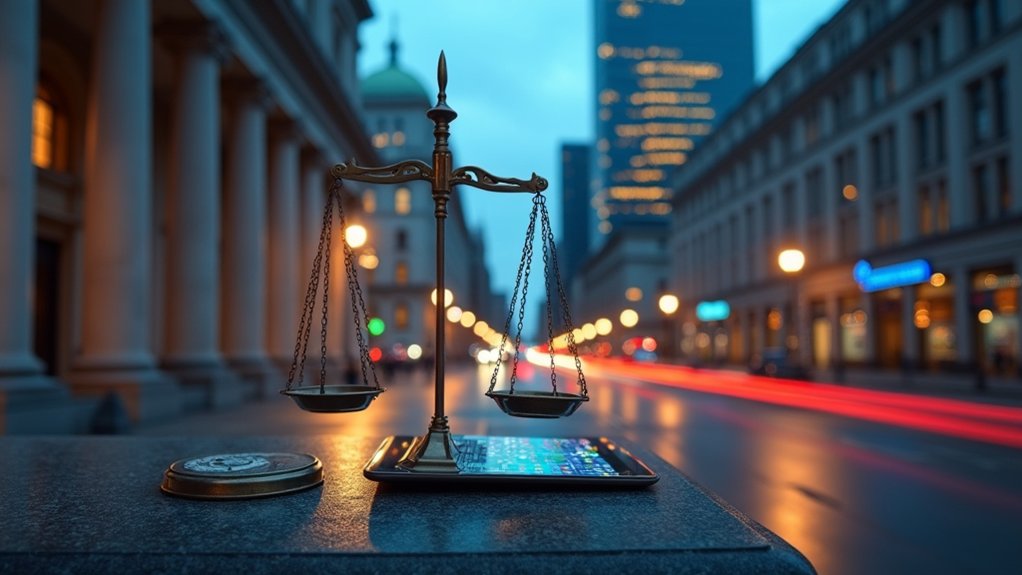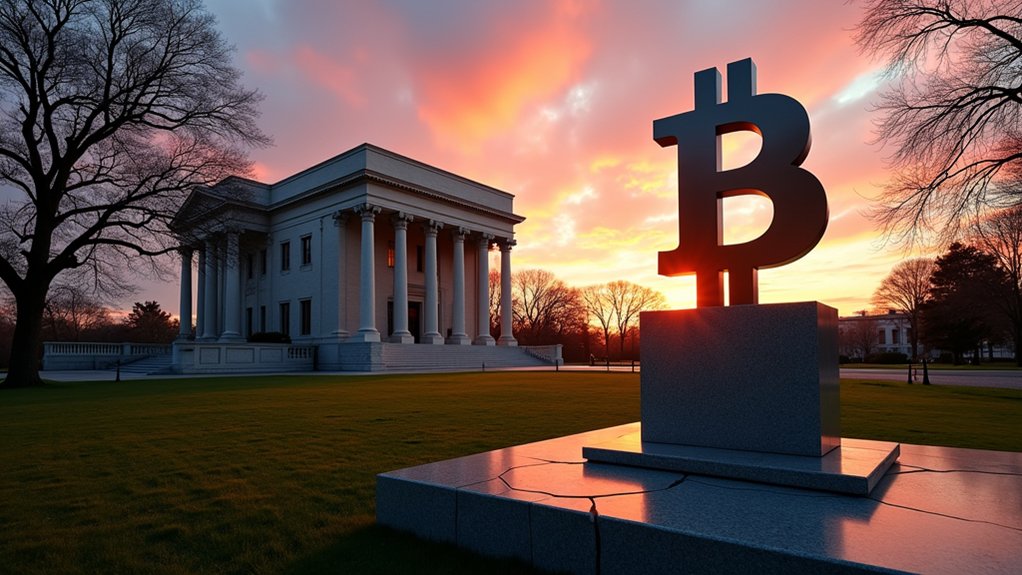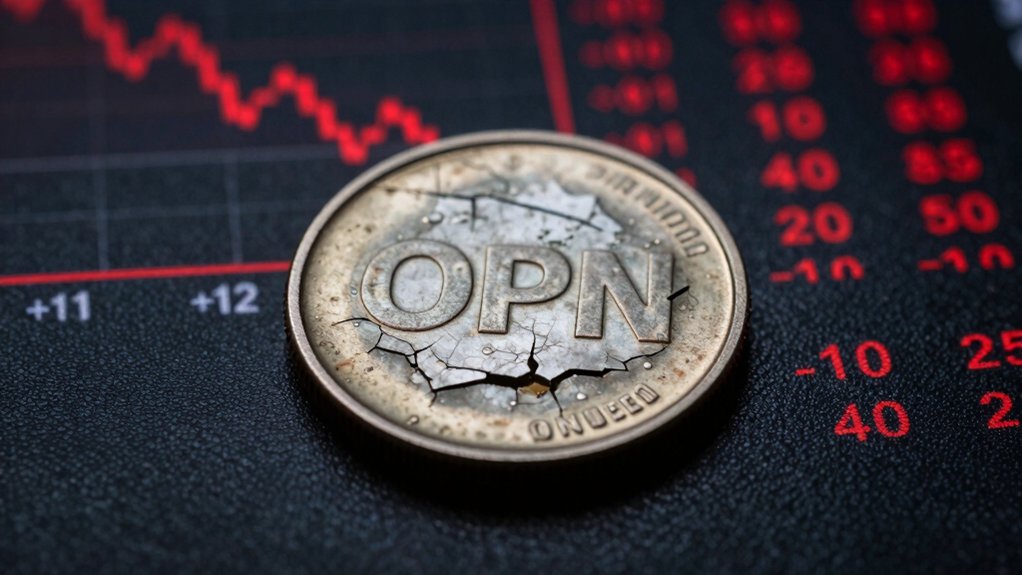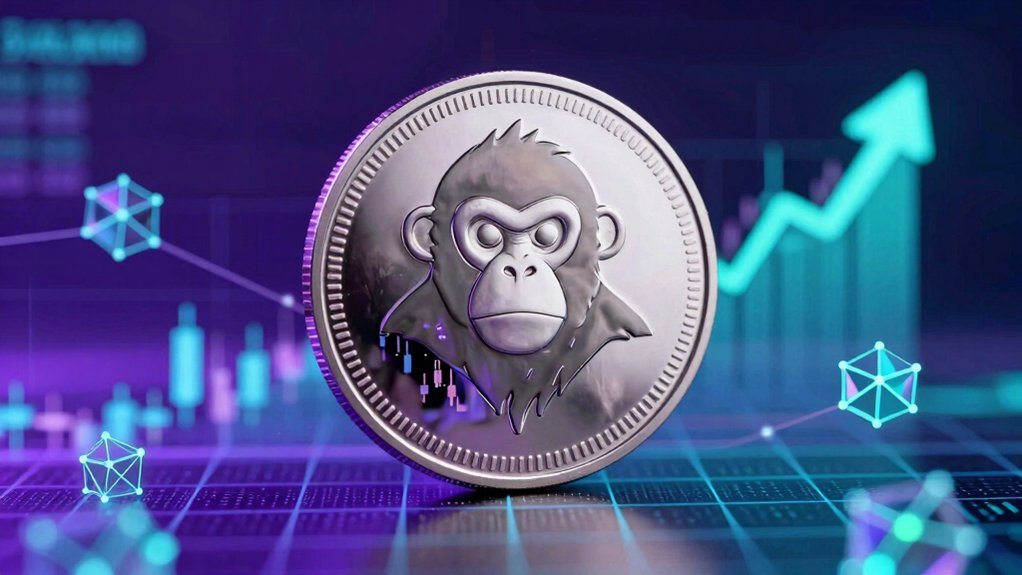Telegram founder Pavel Durov slammed recent media reports as “misinformation,” firmly rejecting claims that his August arrest in France forced the messaging platform to comply with EU regulations.
The tech entrepreneur’s rebuke comes amid swirling controversy over Telegram‘s content moderation practices and adherence to the European Union’s Digital Services Act (DSA).
Durov insists Telegram has consistently followed EU laws, pointing to years of preparation for regulatory compliance.
“We spend millions annually ensuring we meet legal requirements worldwide,” he stated, the frustration evident in his words.
The messaging app’s legal contact procedures, he maintains, have been publicly accessible for years through multiple channels—including the app itself, Telegram’s website, and even a simple Google search.
The plot thickens when examining the platform’s historically relaxed approach to content oversight.
Telegram prohibits calls to violence in its Terms of Service but lacks specific policies addressing misinformation or election interference.
The platform walks a tightrope, processing takedown requests for illegal content while resisting what it views as politically motivated censorship.
French authorities detained Durov in Paris last August, citing Telegram’s “almost total failure to respond to judicial requests” related to alleged criminal activities on the platform.
The charges ranged from complicity in child exploitation to drug trafficking—serious allegations that cast a shadow over the app’s reputation.
Durov was subsequently released under supervision while awaiting further legal proceedings.
In a curious twist, Durov claims it was actually French authorities who only recently began following EU-compliant procedures, not the other way around.
“Once they followed the proper DSA procedures, we successfully provided IP addresses for criminal suspects,” he explained, the sunlight of transparency briefly cutting through the fog of accusations.
After the incident, Telegram has improved its responses to cases of criminal abuse on the platform.
The dispute highlights the growing tensions between tech platforms valuing privacy and governments demanding accountability.
As Telegram’s user base expands, questions about responsibility for user-generated content become increasingly urgent, leaving both sides sailing uncharted waters in the digital ocean of global communication.









